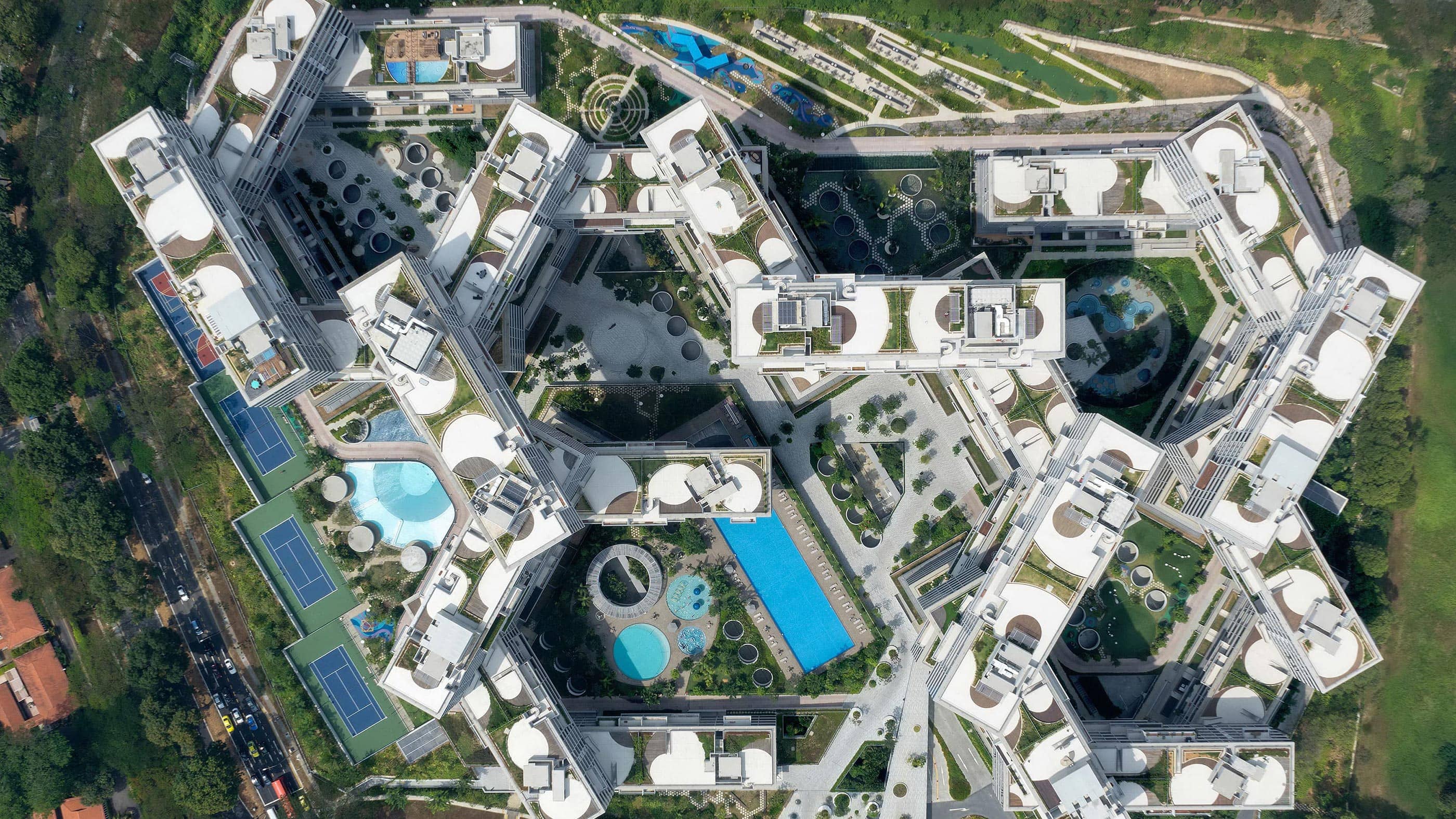In Singapore’s competitive property market, developer branding plays a crucial role in shaping buyer confidence. Beyond design and location, a trusted developer’s reputation can determine whether a project succeeds. Buyers increasingly look for established names that represent reliability, quality, and long-term value in their real estate investments.
1. Reputation as a Foundation of Buyer Confidence

Thomson Modern demonstrates how a developer’s brand directly influences purchasing decisions. Reputable developers have a track record of delivering high-quality projects on time, ensuring that buyers can trust the promises made during pre-launch phases. This consistency builds confidence and reduces perceived risks for investors and homeowners alike.
In a market where projects involve significant financial commitment, developer credibility becomes a key differentiator. Buyers are willing to pay a premium for properties developed by well-known firms, recognizing that strong branding reflects higher construction standards, better management, and after-sales service reliability.
For investors, established brands offer assurance that their property will maintain value, even during market fluctuations, due to the trust that the developer name carries.
2. Quality Assurance and Market Reputation

Brand reputation in real estate extends beyond marketing—it reflects tangible results. Developers known for precision, innovation, and sustainability attract repeat buyers and long-term investors. Their focus on quality materials, modern layouts, and compliance with safety standards reinforces market confidence.
Projects like Thomson Modern exemplify how strong developer branding combines design excellence with construction reliability. Buyers understand that reputable developers align with Singapore’s strict regulatory standards, providing peace of mind and reducing risks associated with poor workmanship or delays.
This reliability contributes to positive word-of-mouth, improving resale potential and supporting higher property values in the long term.
3. Trust, Longevity, and Investment Value

Developer branding also plays a significant role in sustaining property value. When a trusted developer launches a project, it often sells faster and achieves better price performance compared to lesser-known competitors. Buyers associate such developments with stability, effective property management, and superior living environments.
Investors also recognize the resale advantage of owning a property by a reputable developer. Future buyers often view brand reputation as proof of consistent quality, making it easier to market the property at a favorable price.
Furthermore, established developers typically prioritize customer satisfaction and post-handover support, which strengthens long-term trust and loyalty. This professionalism ensures that buyers view their purchase not just as a property, but as a secure investment backed by integrity and experience.
Conclusion
Developer branding remains a cornerstone of trust in Singapore’s real estate market. A strong brand reflects a commitment to quality, timely delivery, and customer care—all essential factors that influence buyer decisions and property performance.
Developments like Thomson Modern embody these principles, offering buyers the confidence that their investment rests in capable hands. As Singapore’s property market continues to evolve, developer reputation will remain a key driver of trust and value for discerning investors.




